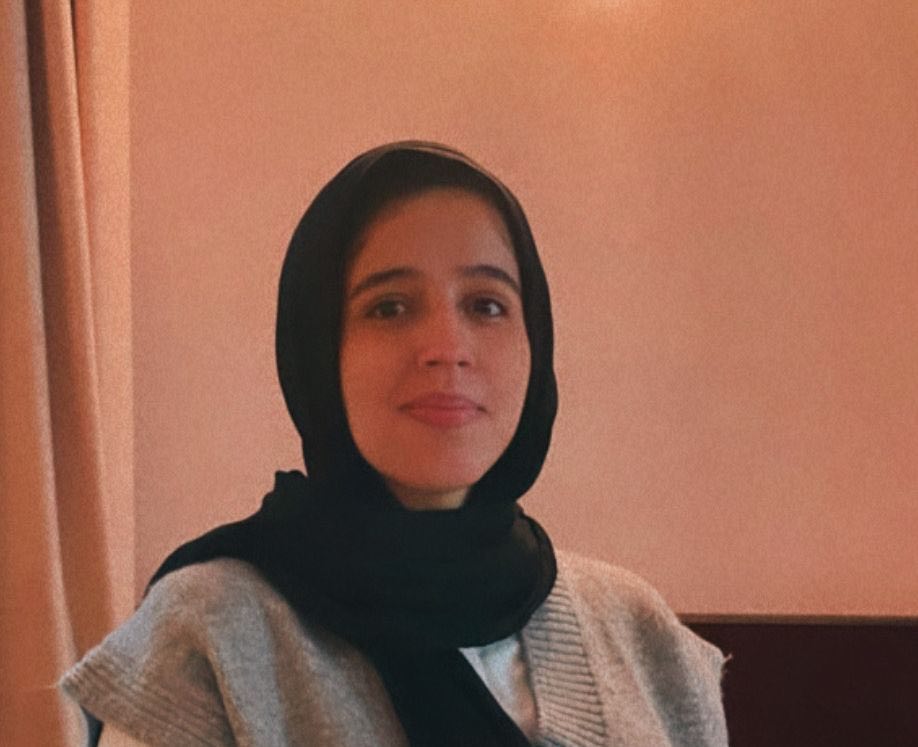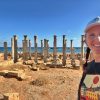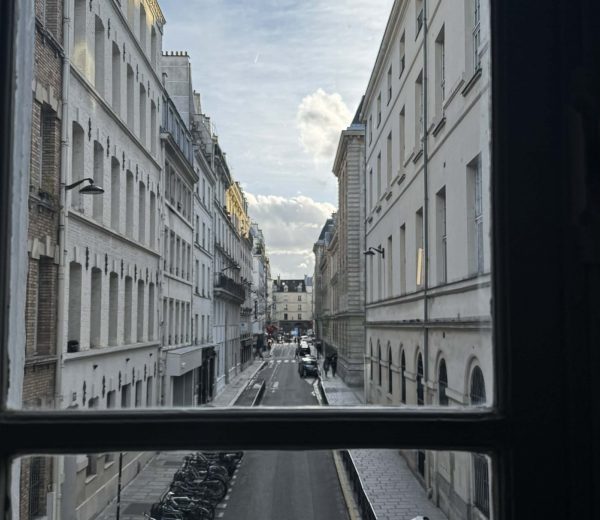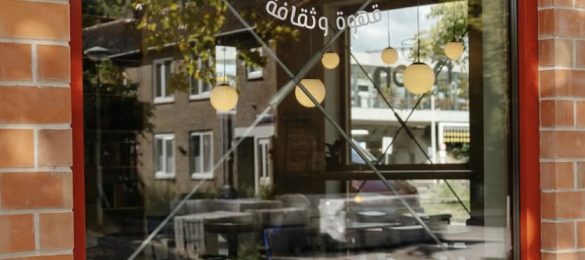Sara Ali Abdulnabi was born in 1985 in Benghazi, Libya. She is master’s degree holder of fish biology, class of 2014. She started a blog named Mawzoon and she shared her books reviews and literature thoughts in an Arabic content. Her scientific knowledge was pretty good and she noticed that there were not many books and information in Arabic, mainly scientific.
Her main goal in the beginning was to blog in order to help students with an informative Arabic content. In fact, Sara did not study fish biology from the beginning, she studied medicine for a few years in her undergraduate studies but then she transferred to animal science department.
She had a very good scientific knowledge because of her medicine background. She graduated then applied for a master’s program. It is important to mention that the late Fatima Altumi was the first Libyan woman specialized in fish physiology.
She got accepted in a master’s program in 2012. In the beginning, she did not want to study biology but she wanted to study genetics engineering, however, she could not do it. At that time, they opened graduate studies program in biology, Fish department, and Sara was very curious to know more.
They were only 5 people who got into the department. They graduated together. Her master’s was taught completely in English and she used to help her colleagues in translation in the early stage of their studies until they got comfortable with the language. Her colleagues who worked as University lecturers are now teaching in English.
Regarding the blog, she asked a friend if someone can develop the blog for her and in 2017, it turned into a website for an Arabic content about Marine life in Libya. She aimed to educate fishers. Until she got to know Yanis , a Greek researcher. they did research on the angel Sharks species. He was the one who introduced the term ”citizen science”.
From that point, the website developed even more and participated in international conferences. They have been collecting data. It is important to know that the biologist Sara does not have a basic team and she is the one responsible for all the work on the website and that was surprising to me. She designs posters and does all the brainstorming and content creation and it is a very detailed work. Sara told me that she hopes to build a fixed team so they can work and make a better progress in the field.
Moreover, they started an awareness campaign online. They focused on turtles eggs theft. She was contacted by Misrata fish market to stop the illegal turtles eggs selling. So, they started a reporting program. She partnered with the Libyan program to transfer the reports to them so they protect turtles. However, there is a stealing of information from her website and it is used in other pages without referencing which is a problem still.
Her Facebook page has around 32k followers and the page received about 1 million views since launching and her work became a reference for many outlets in Libya. She is in contact with local fishers. When she started to get in touch with them, they were open and they encouraged her. They were surprised but in a good way, especially in the eastern region of the country. She hasn’t faced many issues so far. Now, Sara is working on herself and she hopes to get a diving license so she can begin discovering and documenting on her own.
She felt discouraged many times and wanted to stop everything but her friend was there for her. She told her to remain patient with the process and if she wants to slow down, she can do it. Sara is more active on the Facebook page. She is using social media to raise awareness. Sara informed me about the discrimination on researchers and it is still persistent. However, if it wasn’t for her family’s support, she would not get to where she is now. She told me about her father’s support and it is everything for her.
People are more aware and currently, it is not just for fishers but more people are involved and many fishers want to collaborate with her and help. Also, people are keeping up with her work and regardless of the situation, Libyans love to help and make a positive impact. Nevertheless, challenges remain part of the process and they give you the chance to learn and discover new ways of facing any problems in the future.
They faced problems in terms of lack of pictures for angel sharks in the Libyan waters. In addition, not having a team is considered a huge problem and it would make the process easier for her and also, results would be faster. However, she hopes to build up a team to expand the project. She wants to educate kids on Marine biology and she hopes to give small workshops in schools so kids can understand what Libya’s marine has and that can help them expand their horizons.
Finally, I asked her about giving an advice to researchers in Libya, especially, female researchers. Sara said and I quote: ”First thing for researchers in Libya, getting a master’s degree does not get you to the highest level in this field and you have to learn and learn and learn and develop yourself by researching. For females, choose your field and specialization carefully and once you do, the more effort you put, you will gain it later. The smallest act of support is the secret of success”.
You can follow her blog: https://saraalialhasi.blogspot.com/
Also her website regarding Marine Biology in Libya: https://marinebiology.ly/
And her Facebook page: Marine Biology in Libya









